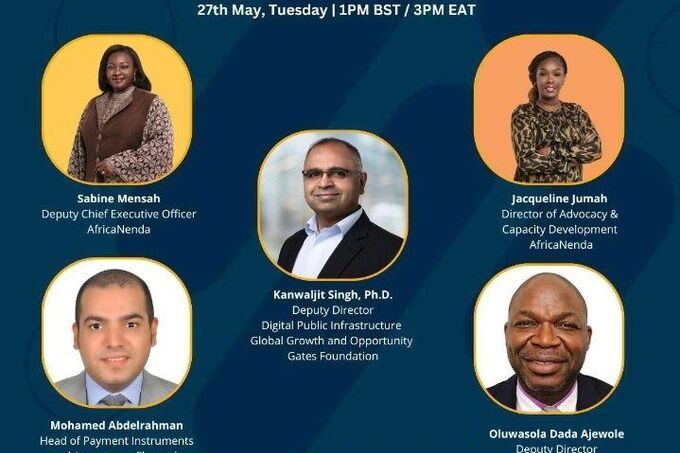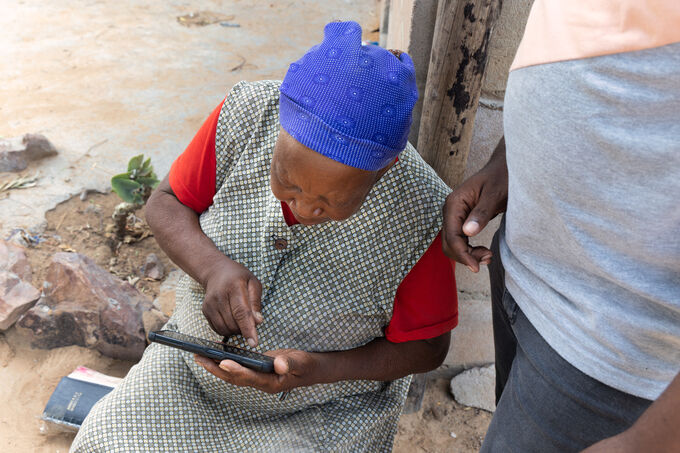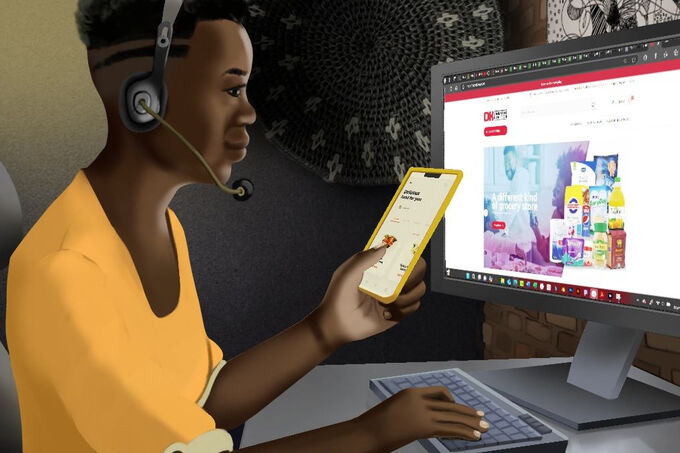
News
State of Instant and Inclusive Payment Systems in Africa 2022 report coming soon : A sneak-peak at end-users' experience.
by Sabine Mensah, Deputy CEO, AfricaNenda - 6 October 2022

As part of the upcoming State of Instant and Inclusive Payment Systems in Africa (SIIPS - Africa) 2022 report initiated by AfricaNenda in collaboration with the World Bank and UNECA, we listened to individuals and MSMEs from seven different countries who shared their experiences and perceptions around digital payments. Their stories confirmed our belief that for IPS to be inclusive, they must cater to the needs of the low-income segment end-users.
Let’s take the case of Kitana*, a 40-year-old mother of three who runs a fresh produce stall in Lusaka’s main marketplace. She uses a mobile wallet to send money to her mother in a nearby village. She finds it convenient for long-distance money transfers. However, she continues to mostly accept cash from her customers. Recently she has been frustrated by petty theft in the marketplace and has started to value the safety aspect of being paid in digital money. However, her customers complain that the mobile money payment options are unreliable, too expensive compared to cash, and some are sceptical considering significant communication around fraud and scams. So, she hasn’t made the shift yet.
We can also consider the story of Chitundu*, a small-scale entrepreneur who sells fabric and clothes in Dodoma. He uses a combination of cash and mobile payments but for different purposes. Some of his customers use their e-wallet to make purchases, especially when they don’t have cash on-hand, but most still opt for cash when they can. His fabric suppliers, however, like to be paid digitally, and he normally pays his electricity bills through mobile money. He has realized the benefits of using digital payments in his business because it allows him to track his sales revenue, analyze his payment histories, and monitor his supply payments. There are also loan and saving products available through mobile money operators app which he considers beneficial. He will stop using digital payment methods and rather use cash where possible if the transaction fees increase.
Although different IPSs deliver varied payment solutions and experiences to merchants and customers across jurisdictions, many stories on the continent are similar to Kitana and Chitundu’. These stories are useful in informing the design and deployment of IPSs in Africa.
If designed and implemented appropriately, instant and inclusive payment systems are well-placed to offer useful solutions that would help the vulnerable and traditionally underserved end-users to transact more safely and efficiently, unlock access to further financial services, improve business processes and ultimately improve lives.
Steady progress has been made in expanding the reach of digital payments – however, we know that more can be done.
What would be the tipping point towards more regular usage of digital payments for a greater variety of use cases?
Talking to end-users has made us realize that instant payment systems need to take the lived reality of consumers more deliberately into account. Three insights have struck us most:
- Digital payments are serving an important purpose but still do not meet all payment needs
- Consumers find digital payments do not fully reflect the ease and precision associated with the use of cash
- Women face greater barriers to accessing and adopting digital payments
The forthcoming State of Instant and Inclusive Payment Systems in Africa (SIIPS – Africa) report will provide more details on these insights and highlight the landscape of IPSs in Africa and opportunities to make them more inclusive. The report will be launched on the 25th of October 2022 at the GSMA Mobile World Congress Africa in Kigali, Rwanda.
Watch this space and follow us on Twitter and LinkedIn for more details on the launch event.
*Fictional character illustrating amalgamated user and MSME insights


